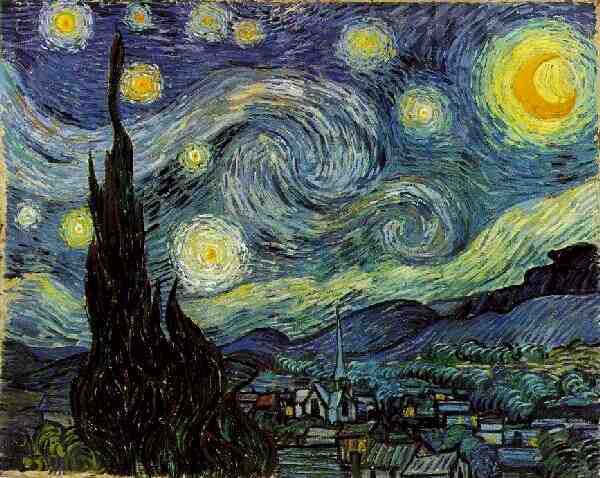I am a vain person. Not all around and not excessively, but I am vain none the less. I think everyone has their vanities: professional, social, aesthetic, athletic. My vanity is intellectual. I like thinking that I’m smart, that I’m well read. I like to think that my opinions are formed based on information from particularly pertinent and credible sources. I like using big words. I get pleasure from teaching, in part, because I enjoy being the source of information. I wouldn’t go so far as to say that I am an intellectual snob, but there is vanity in me that I see.
One symptom of it is that I am often determined not to care about pop-culture and those that inhabit that niche of society. I abhor tabloids and, although I shouldn’t, I look down on people who read them (not much, just a little). I admit the tragedy in the death of a celebrity but rarely care about the particulars. This morning shattered that serenity more that I care to admit. This morning I found out that George Carlin died.
George Carlin was a comedian. That’s what all the tributes that will come out over the next days, weeks, and years will start with. They will talk about the “7 Words You Can’t Say on TV” bit, one of his best. The tributes will mention the implication of the bit on the legal and moral debate over censorship. “All the way to the Supreme Court”, they will read. What they won’t say, what it’s difficult to convey, is Mr. Carlin’s influence on the way we think; the way we perceive the world and our place in it.
As I said above, I’m vain. I don’t like admitting being influenced by someone that made their living in TV and the movies. But upon reflection when learning of his death, I was surprised to admit to myself that George Carlin probably contributed more of who I am, specifically the way I think about things, than I thought possible. I want to keep things in perspective; I don’t think he made any bulk contributions to who I am in one area or another. More accurately, he added little snippets of influence here and there: religion, politics, sports, war, gay rights, sex, abortion, and women’s rights to name a few. My conscience seems to be riddled with little bits of his bits.
The thing is, I don’t mind. I’m proud to have them there. Even though the tributes will all say he was a comedian, I have always thought of him first as a philosopher or a particularly insightful social commentator. He just used comedy as a vessel to teach people about the things they weren’t seeing; and he was good at it. The vessel and the contents merged into the same. Insight coupled with humor; it’s hard to beat. Not only was he intelligent enough to see, he was gifted enough to convey. That's his legacy as much as the laughter; the fact that when the laughter dies away, people are still left thinking. I, personally, thank him for both.
Thank you for reading.
 Any piece of art belongs to two entities: the artist and the consumer of the art. When I say “belongs to” I’m not referring to the actual act of physical possession but instead the incorporeal (cultural, intellectual, spiritual, temporal, etc.) nature in which a person(s), by relating to the art in a significant way, makes it their own. For example, the song a couple hears on the radio during their first date and later dances to at their wedding is as much their song as it is the person who wrote it or the group who performed it. To make a significant relation to a piece of art, and in that act possess it, a person will make their own interpretation as to what it signifies, represents, or means to them. Millions of people can possess a single piece of art, and each one will approach it slightly differently based on their own world view. Because our world views change over time, each person’s interpretation may also change. As such, over time there are almost infinite interpretations of any piece of art despite the fact that few of those interpretations may be close to what the artist originally intended; and they are all still correct. That is that nature of art; it is what allows a single creation to mean so much to so many people.
Any piece of art belongs to two entities: the artist and the consumer of the art. When I say “belongs to” I’m not referring to the actual act of physical possession but instead the incorporeal (cultural, intellectual, spiritual, temporal, etc.) nature in which a person(s), by relating to the art in a significant way, makes it their own. For example, the song a couple hears on the radio during their first date and later dances to at their wedding is as much their song as it is the person who wrote it or the group who performed it. To make a significant relation to a piece of art, and in that act possess it, a person will make their own interpretation as to what it signifies, represents, or means to them. Millions of people can possess a single piece of art, and each one will approach it slightly differently based on their own world view. Because our world views change over time, each person’s interpretation may also change. As such, over time there are almost infinite interpretations of any piece of art despite the fact that few of those interpretations may be close to what the artist originally intended; and they are all still correct. That is that nature of art; it is what allows a single creation to mean so much to so many people.